Cayman Islands
Cayman Islands

Grand Cayman
Ever wonder how your sunscreen choice might impact our vibrant underwater world? The best reef safe sunscreen not only shields your skin but also safeguards our precious coral reefs.
With the right insight, you can enjoy sun-soaked adventures while being an ocean hero. Dive in and unlock the secrets of reef-friendly sun protection and make a splash in marine conservation.
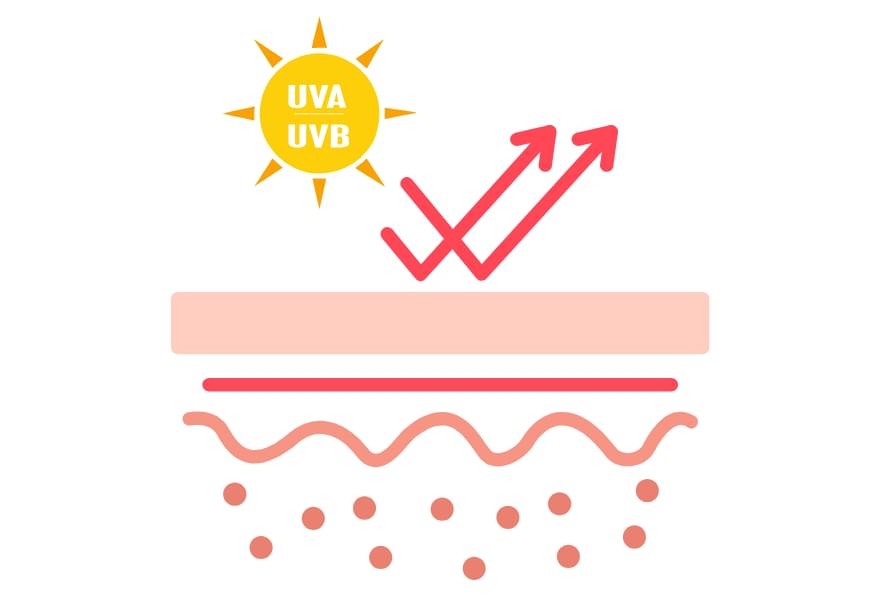
Reef safe sunscreen is designed to protect your skin without harming marine life. These products use minerals like zinc oxide and titanium dioxide instead of the harmful chemicals found in most sunscreens.
They sit on top of your skin, reflecting UV rays rather than absorbing them. This approach not only shields you from the sun but also keeps our oceans healthy.
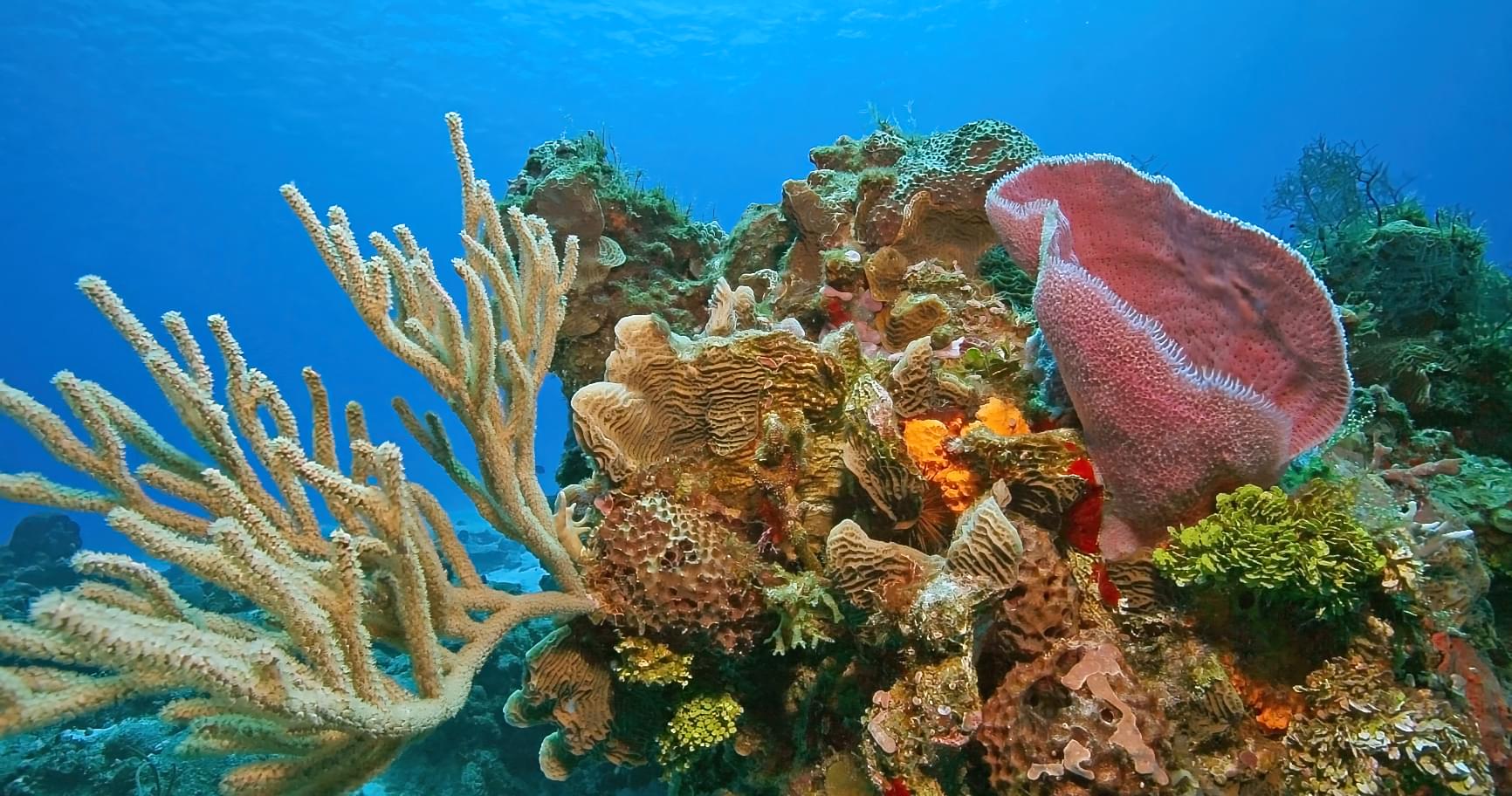
Even a tiny amount of certain chemicals can bleach coral, disrupt marine life reproduction, and harm fish populations. By choosing reef safe sunscreen, we can help protect these vital underwater worlds.
Key impacts of non-reef-safe sunscreens:
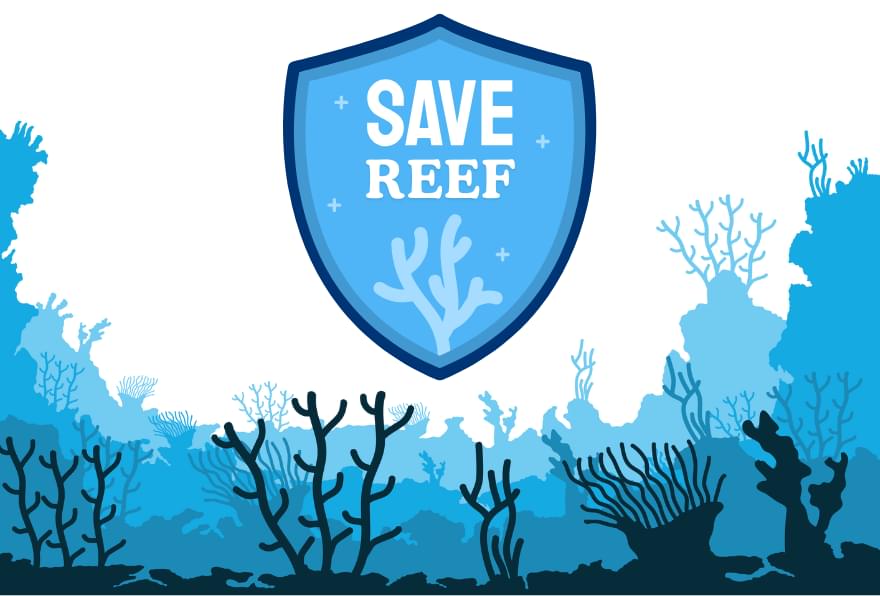
By choosing a reef safe sunscreen, you’re contributing to ocean health and conservation efforts. It’s essential to read labels carefully and avoid products containing harmful ingredients.
When selecting a sunscreen, look for mineral-based options that use zinc oxide or titanium dioxide as active ingredients. Remember, what makes sunscreen reef safe is not just what it contains, but also what it doesn’t contain.
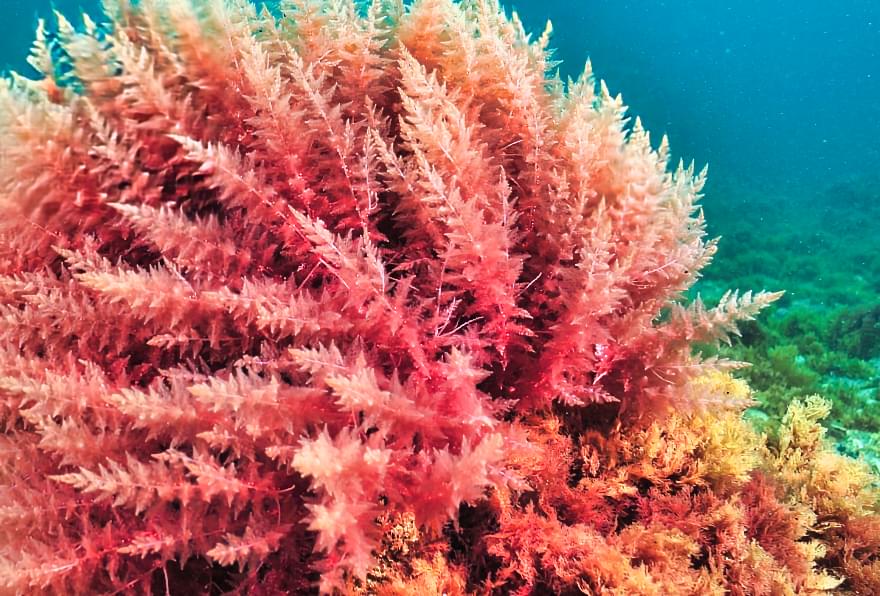
Zinc oxide and titanium dioxide top the list of reef-safe sunscreen ingredients that work. These minerals create a physical barrier on your skin, reflecting harmful UV rays. They’re broad-spectrum protectors that start working immediately upon application.

Is mineral sunscreen reef safe? Absolutely!
Non-nano zinc oxide is a superstar in the world of reef safe sunscreen. But what makes it so special? Unlike its nano-sized counterpart, non-nano zinc oxide particles are too large to be absorbed by coral reefs or your skin.
This means it stays on the surface, providing excellent sun protection without entering marine ecosystems. It’s a broad-spectrum UV blocker, meaning it guards against both UVA and UVB rays. Plus, it’s gentle on sensitive skin and resistant to water.
Benefits of non-nano zinc oxide:
Let’s dive into the crème de la crème of reef safe sunscreen brands! These top 10 brands are making waves in the world of coral-friendly sun protection. Each one brings something special to the beach party, so let’s get to know these sunscreen superstars!
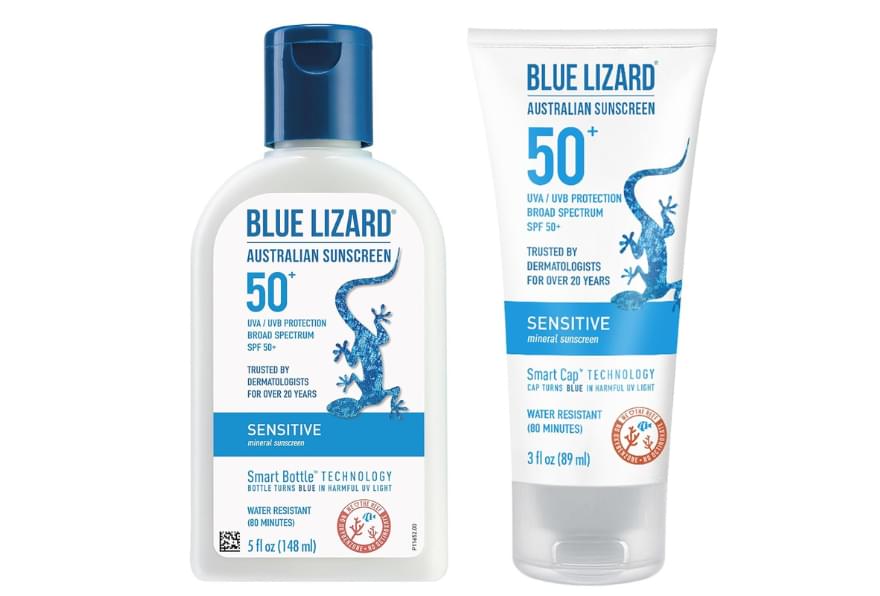
Blue Lizard offers a reef safe sunscreen option that’s particularly suitable for those with sensitive skin.
This Australian-inspired brand has developed a mineral-based formula that provides effective sun protection while being mindful of marine ecosystems. The smart bottle technology adds a helpful visual reminder for reapplication.
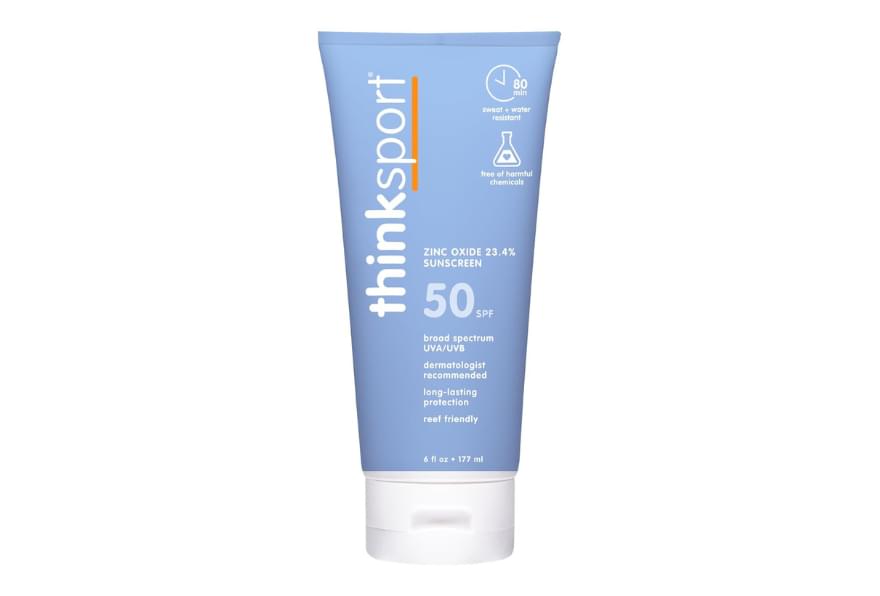
Thinksport offers a reef-safe sunscreen that meets high standards for both human safety and environmental protection.
It was the first sunscreen to pass Whole Foods Premium Care requirements, demonstrating its commitment to excluding harmful chemicals. With 20% non-nano zinc oxide as its active ingredient, it provides robust broad-spectrum UVA/UVB protection.
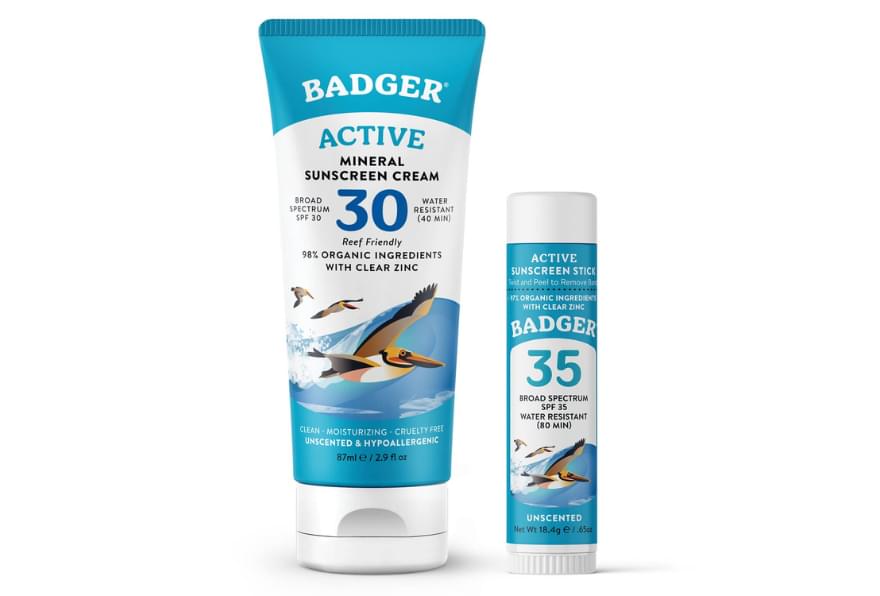
For those seeking a good reef safe sunscreen with a high percentage of organic ingredients, Badger Sport offers an appealing option.
With 98% organic ingredients and a biodegradable formula, it aligns perfectly with environmental values while delivering effective sun protection. Its water resistance and high percentage of zinc oxide make it ideal for active, outdoor use.
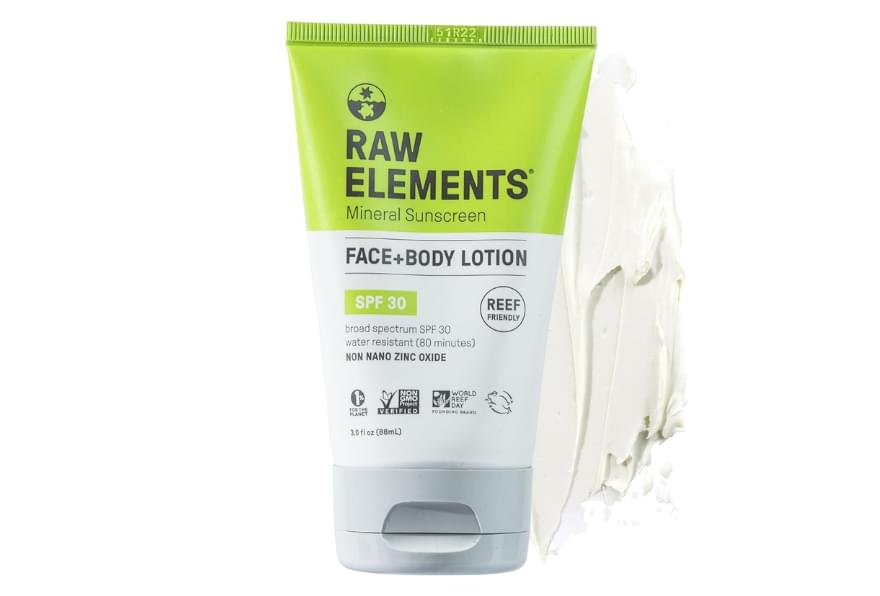
Raw Elements takes an eco-friendly approach to sun protection with their reef safe sunscreen.
The use of non-nano zinc oxide provides broad-spectrum coverage without potentially harmful smaller particles. The plastic-free packaging is an additional environmental benefit, reducing single-use plastic waste.
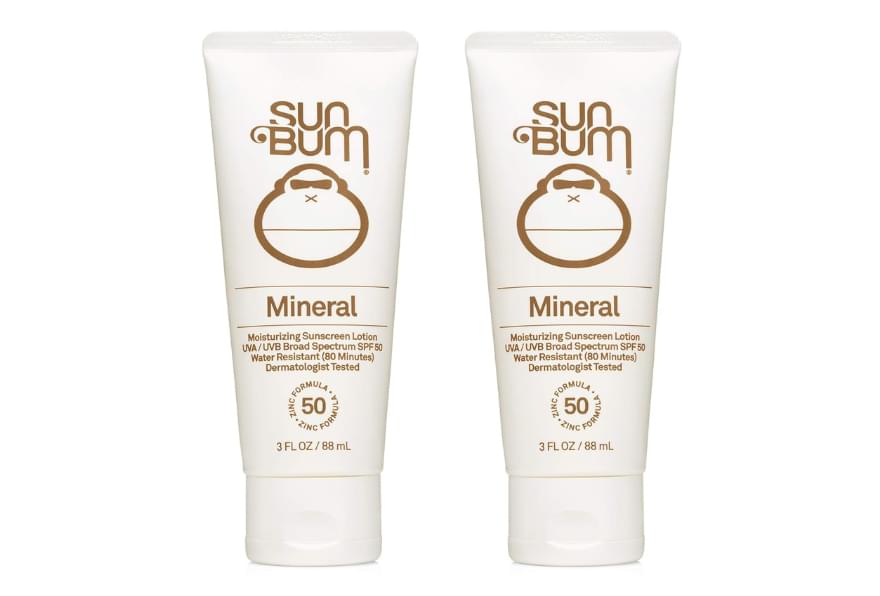
Is Sun Bum sunscreen reef safe? Yes! Sun Bum’s mineral sunscreen offers a reef safe sunscreen option that’s both vegan and cruelty-free.
The inclusion of vitamin E provides additional skincare benefits beyond sun protection. This formula demonstrates that effective sun protection can be achieved while adhering to ethical and environmental standards.
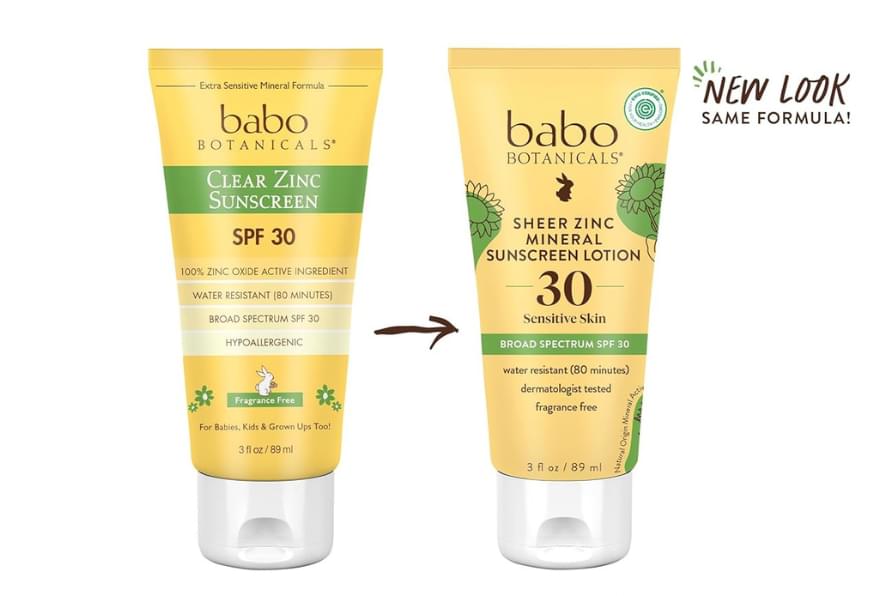
Babo Botanicals combines reef safe sunscreen ingredients with organic additives for a formula that’s protective and nourishing.
The use of non-nano zinc oxide answers the question of what makes sunscreen reef safe, providing effective coverage without the environmental concerns associated with nano-particles.
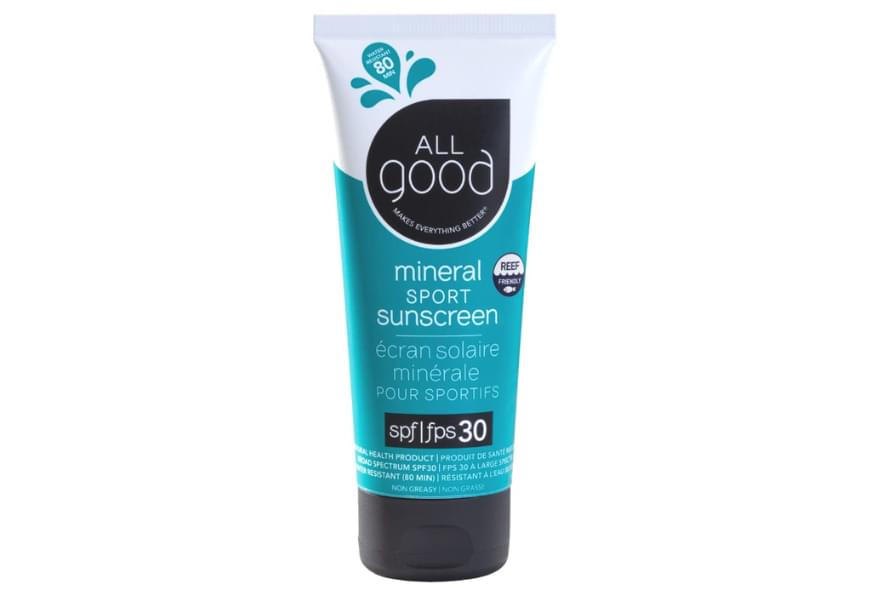
All Good has developed a reef safe sunscreen that’s particularly suited for active lifestyles.
The lightweight, water-resistant formula is designed to stay effective during sports and water activities. The inclusion of organic botanicals adds a natural element to this mineral-based sunscreen.
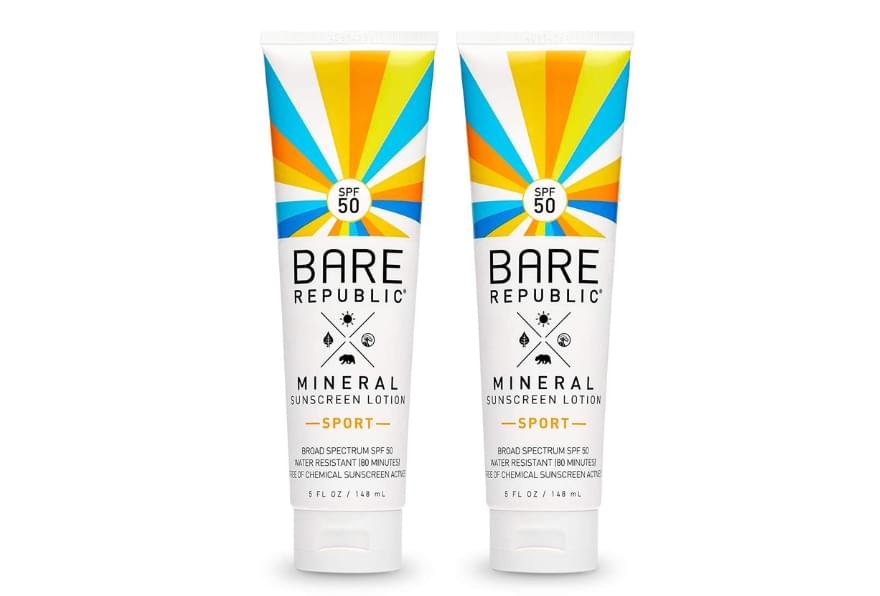
Bare Republic’s mineral sunscreen provides a high-SPF option for those seeking maximum protection.
This reef safe sunscreen is formulated to be effective during prolonged sun exposure and water activities. Its cruelty-free and vegan status aligns with ethical consumer choices.
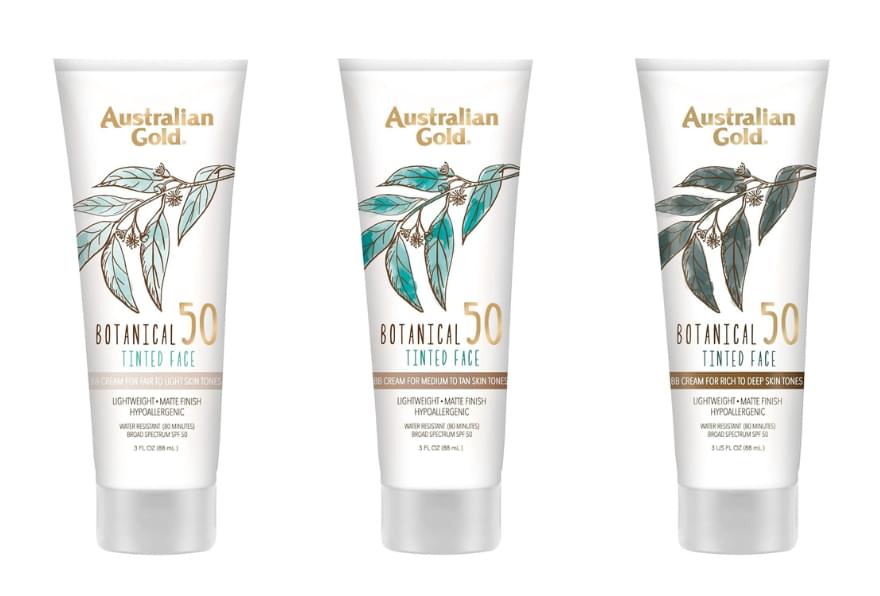
Planning a trip to Hawaii? Australian Gold incorporates native botanical ingredients into their reef safe sunscreen formula. This approach combines sun protection with skincare benefits.
What sets this sunscreen apart is its inclusion of native Australian botanicals such as Kakadu Plum, Eucalyptus, and Red Algae, which are rich in antioxidants and help nourish the skin.
The non-greasy finish makes it a comfortable option for daily wear, addressing both sun safety and user experience. It’s a great choice for those seeking a reef safe sunscreen Hawaii compliant product.
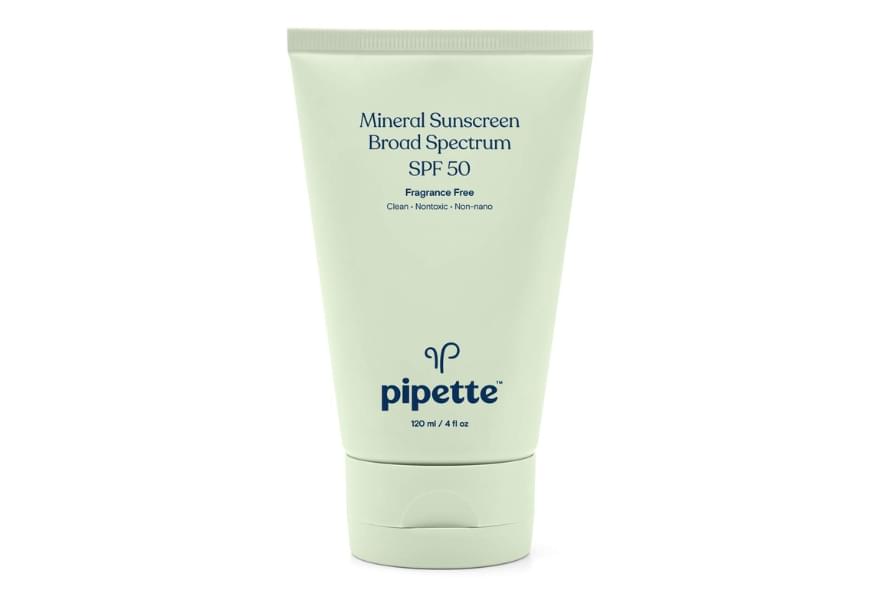
Pipette’s mineral sunscreen is formulated to be gentle enough for sensitive skin while providing broad-spectrum protection.
The inclusion of plant-derived squalane adds moisturizing properties to this reef safe sunscreen. Its fragrance-free formula makes it suitable for those with sensitivities to scented products.
Notes: The sunscreen avoids harmful chemicals, but the form of Zinc Oxide (whether nano or non-nano) is not specified.
When selecting the best reef-safe sunscreen, consider factors like your skin type, planned activities, and expected sun exposure. A bit of trial and adjustment may be needed, but with careful consideration, you’re sure to find a sunscreen that suits your needs perfectly!
Let’s clear up some confusion about reef safe sunscreen ingredients. Many myths circulate about these products, but it’s time to set the record straight.
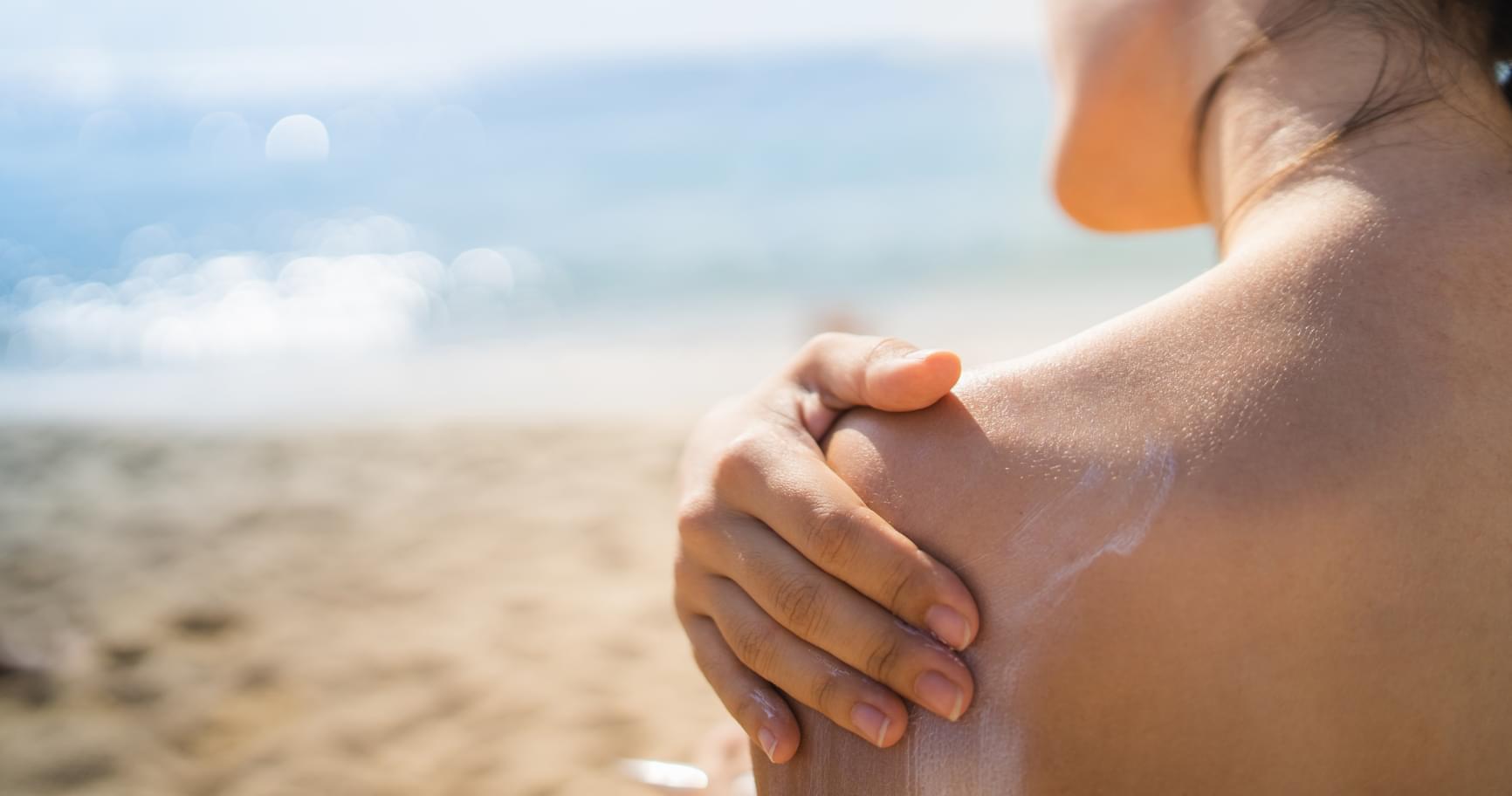
Another myth is that reef-safe sunscreens don’t work as well as traditional ones. In reality, mineral sunscreens can provide excellent protection when used correctly.
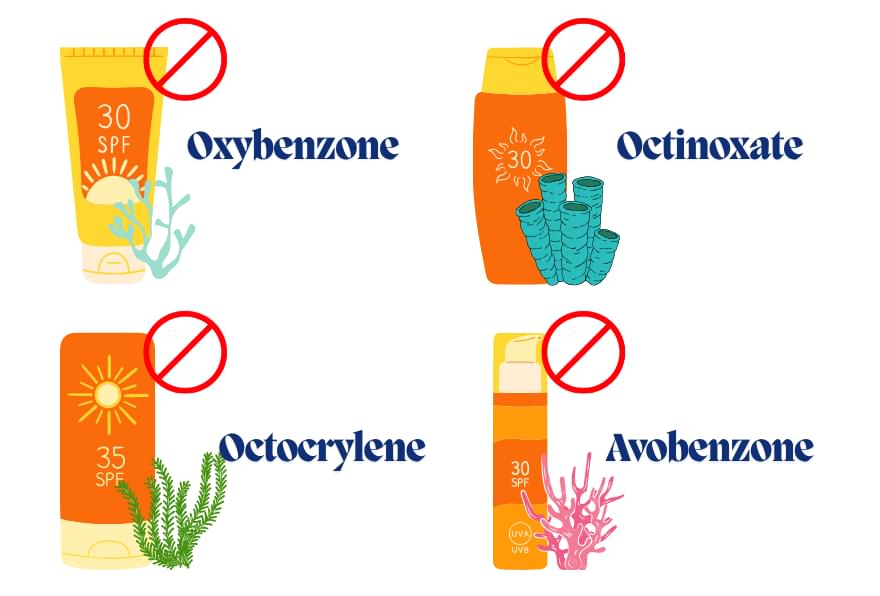
Another misconception is that all mineral sunscreens are automatically reef-safe. While many are, it’s important to check for other potentially harmful ingredients.
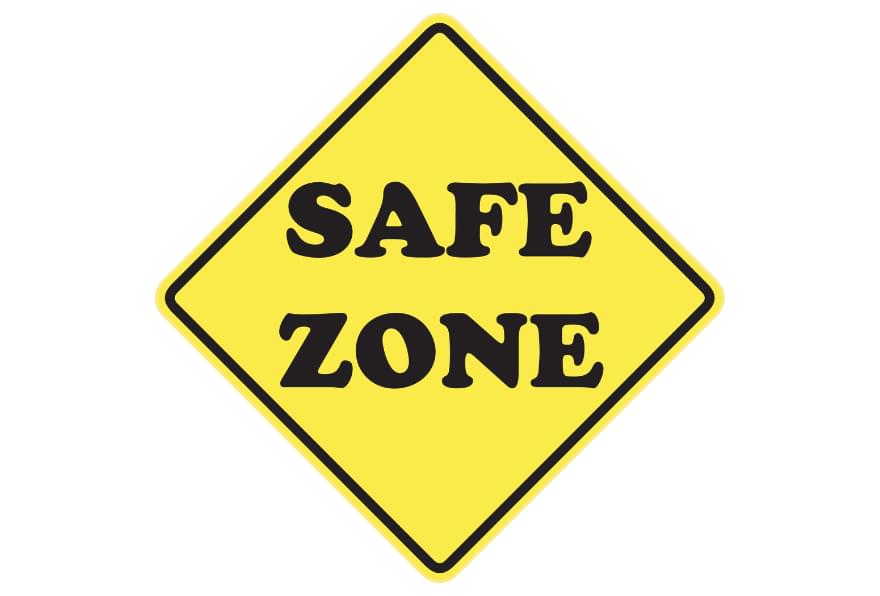
Choosing reef safe sunscreen is a simple yet powerful way to protect both your skin and our oceans. By understanding what makes sunscreen reef safe, reading labels carefully, and debunking common myths, you can make informed decisions about your sun protection.
Wondering what sunscreen is reef safe? To put it simply, look for products that use non-nano zinc oxide or titanium dioxide.
Remember, every time you reach for a reef-safe option, you’re contributing to the health of coral reefs and marine ecosystems worldwide. It’s a small change that can make a big difference.
By making the switch to reef safe sunscreen, you’re not just protecting your skin - you’re taking a stand for ocean health. So next time you’re packing for the beach or planning a snorkeling trip, remember that your sunscreen choice matters!
With the right reef safe sunscreen, you can enjoy the sun responsibly while helping to preserve the beauty of our coral reefs for years to come.



Effortlessly create your family’s dream trip using our innovative online tool, offering you full control and ultimate ease when planning.